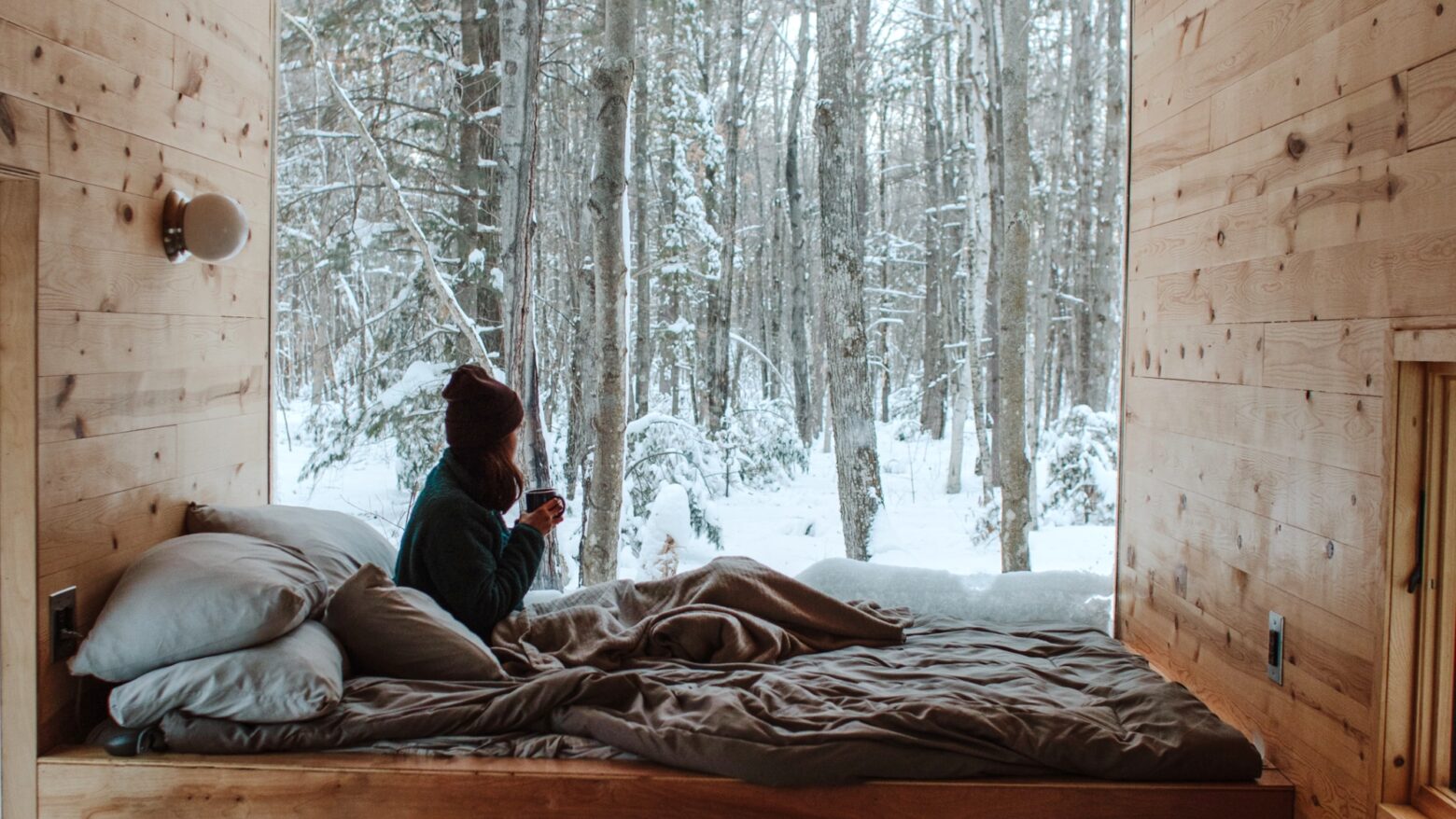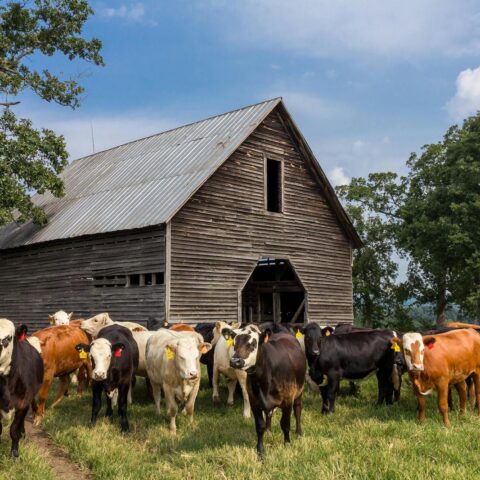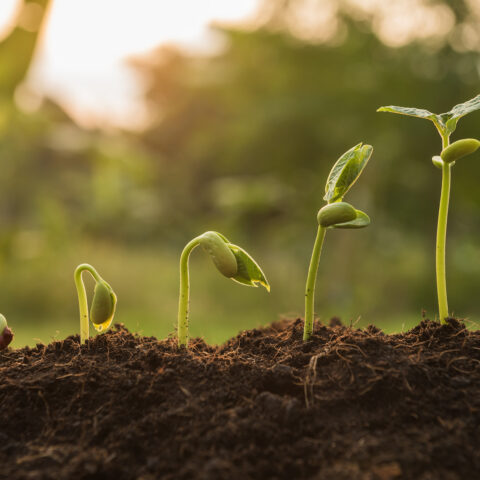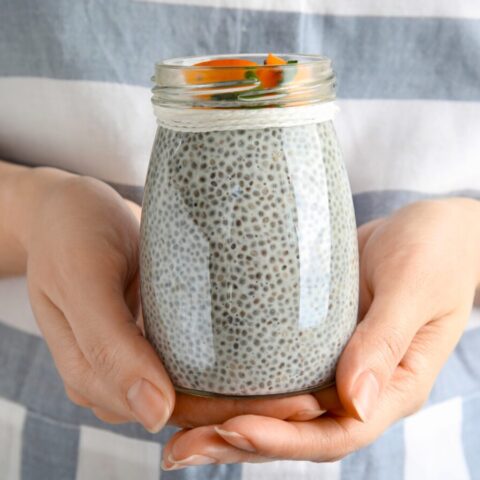Ancestral Clues to Better Sleep and Energy This Winter

As we move into the colder, darker, and shorter days of fall and winter, it may feel more difficult to maintain your energy levels, productivity, and immune strength. These feelings don’t have to be an inevitable part of the season, though. A new study on the daily patterns of modern hunter-gatherer tribes across the globe hold a few clues as to how we can keep ourselves healthy and productive through the winter season.
How Much Sleep Did Our Paleo Ancestors Really Get?
It is often believed that our hunter-gatherer ancestors went to bed and woke up with the sun. While they certainly didn’t have external light or cellphones, laptops, and television sets to keep them up all night, they weren’t getting eight to 10 hours of sleep either.
A new study on modern-day hunter-gatherer tribes—the San in southern Africa, the Tsimane in Bolivia, and the Hadza in Tanzania—found they only sleep an average of 5.7-7.1 hours per night. [1] Conversely, sleep research today suggests most westerners are sleep deprived, averaging about 6.5 hours of sleep per night. Experts believe we should be aiming for 7.5-8.0 hours of sleep per night for better health.
How to Get Better Sleep and Energy This Winter
This new research suggests there is much more at play than simply the number of hours you sleep each night. Here’s how to follow the sleep habits of hunter-gatherers to improve your energy this winter.
Go to Bed Earlier
In the study, tribes were found to go to bed earlier during the darker days of winter (or rainy season) and later in the summer (dry season). Their average bedtime was just after 9:00 p.m. in the winter months, compared to 10:45 p.m. in the summer.
While work commitments, holiday parties, and travel may ramp up this time of the year, as we approach the darkest days of the year, we should try to get more sleep. In fact, lack of sleep is shown in the research to suppress your immune system function, putting you at significantly increased risk of catching a cold or flu, which are already more common in the winter. [2]
Wake Up at the Same Time
It may be time to stop hitting snooze in the morning. The tribal groups in this study woke up at virtually the same time throughout the entire year with the morning sun.
Many of your key hormones are produced on a natural daily pattern, or a circadian rhythm, that research shows is disrupted if you constantly change your sleep schedule. Disrupted circadian patterns have been shown to leave you more prone to fatigue, inflammation, and even change the balance of “good” to “bad” bacteria in your gut. [3] Research also shows the later you go to bed, the greater your likelihood for weight gain. [4]
If you struggle with fatigue, insomnia, or frequent colds and flus, aim to have a consistent bedtime and morning routine this winter. Going to bed earlier at night can help kick your snooze button habit in the morning. If you really struggle to wake up, try some gentle stretching, mobility, or yoga to ease your way into the day.
Increase Your Light Exposure
It can be easy to give into temptation and stay inside where it’s warm all day. However, not exposing yourself to natural light may have a negative impact on your health.
Modern hunter-gatherer communities engage in the vast majority of their physical labor in the morning hours exposed to natural light. In contrast, most people are indoors all morning throughout the winter—commuting in cars and working in buildings. Even on a cloudy day, the natural light outside provides a whopping 100,000 lux (a measure of light intensity), compared to less than 1,000 lux in your office or home.
Research shows that this light exposure is crucial for circadian hormone production and, thus, your energy levels, health, and resiliency. [5] So take a walk to your morning coffee, start your day with a run, or make a phone call outside—you’ll feel much better for it!
The Bottom Line
We can learn a lot about how to optimize our health by mimicking modern and ancestral hunter-gatherers. The Paleo Diet® can already go a long way to keep you energized and fight off colds and the flu this winter. Take your health a step further by practicing better sleep patterns, too.
References
- Yetish G et al. Natural Sleep and Its Seasonal Variations in Three Pre-industrial Societies. Current Biology. Vol 25, Iss. 21, 2 November 2015, Pages 2862–2868.
- Prather A et al. Behaviorally Assessed Sleep and Susceptibility to the Common Cold. Sleep Journal. Vol. 38, Issue 09.
- Voigt R et al. Circadian disorganization alters intestinal microbiota. Plos One. 2014 May 21;9(5):e97500.
- Asarnow L et al. Possible link between bedtime and change in body mass index. Sleep Journal. Vol. 38, Issue 10.
- Czeisler C, Klerman E. Circadian and sleep-dependent regulation of hormone release in humans. Recent Prog Horm Res. 1999;54:97-130; discussion 130-2.
Marc Bubbs ND, MSc, CISSN, CSCS
Dr. Marc Bubbs is a naturopathic doctor, author, and performance nutrition consultant for a portfolio of professional and Olympic athletes.
More About The Author



